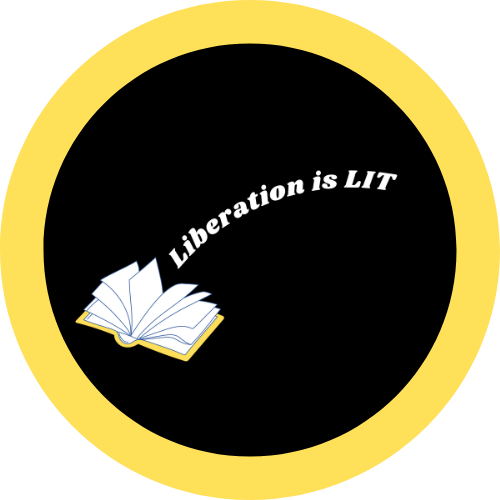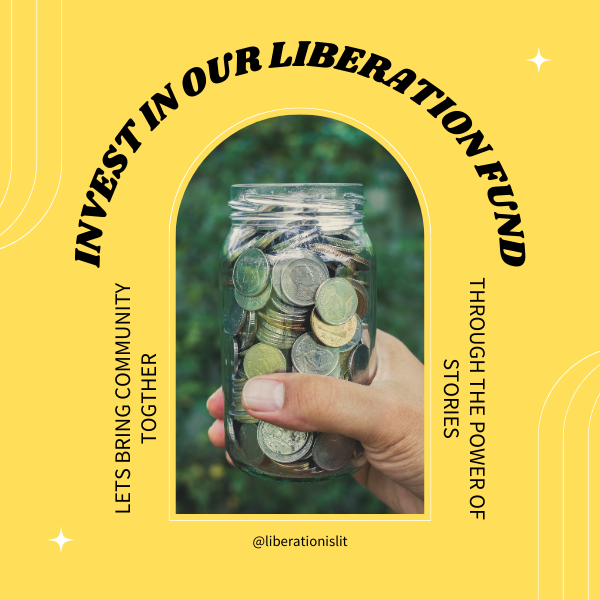As first posted on feministbookclub.com
Fantasy world-building has always been a challenge for me to get into. Recently, however, I have found fantasy books that add magic to the real world. That is what I have been needing, rather than trying to escape into a new world.
Blood Debts by Terry J. Benton-Walker is just that. Set in the perfect backdrop of New Orleans, Blood Debts tells the story of twins, Clem and Cris Trudeau, inheritors of a powerful and magical lineage. With the death of their father and the near death of their mother, they are trying to figure out if someone is out to get their family. Cris, who gives up magic after her father’s death, and Clem, who finds solace in magic, must come together to save their family.
Why do we fear Black Magic?
Root magic is so empowering to read about. In the past, you would see root magic as something dark and evil, something to be feared. It has me questioning why we fear this magic so much. Do we fear root and blood magic because its origins are with Black people? With the conversion of Black people to Christianity through slavery and imperialism, even other Black people have grown to fear this magic.
My cousin came back home for Thanksgiving last year. I have a somewhat conservative (socially, not politically) Christian family, so they found her weird when she started talking about spirit teams, angel numbers, and crystals. I felt excited to have someone else in the family who was interested in this kind of stuff. While my mom was open to it, the rest of my family dismissed her, stating she was working with that stuff against God.
Blood Magic vs. White Magic
In Blood Debts, there are two forms of magic at work and opposed to each other: Blood Magic and White Magic. Black people mostly practice Blood Magic, although some white people also try to learn how to do it. Blood Magic is rooted in drawing on the power of the ancestors who become gods and demigods. It is about honoring them for their survival and passing their power down by giving them offerings. It is connected to the blood, and magic is most often passed down through the generations. Blood Magic practitioners draw magic at night through the moon.
White Magic on the other hand is more aligned with the mainstream magic we have been seeing in pop culture lately. White Magic practitioners draw magic from the sun and store it in crystals. They use that stored energy to exercise magic at a later time. Sometimes that energy can be so powerful to create explosions. Oftentimes people used this magic against others.
Magic Itself Isn’t Bad
Blood Debts shined a new light on this type of magic. We got to see Blood Magic as paying homage to the ancestors. People didn’t just practice Blood Magic in the dark to manipulate and harm others, although in the wrong hands people could use it for harm. Blood Debts shows us that it isn’t necessarily the magic itself that is good and bad, but the intent we use it for.
I love books that muddle the waters of what is good and what is bad. There is one more type of magic in Blood Debts: Necromancy, or the art of bringing people back from the dead. This brings up all types of questions about ethics, who gets to play God, and does the deceased person get a choice. As we see in the book, our choices have consequences, and they can provide access to forces set on destruction.
Overall, I loved Blood Magic! For a YA novel, it felt very mature in its exploration of topics around family, race, and ethics. I can’t wait to see what is in store for Cris and Clem in the second book of the series.


